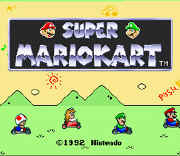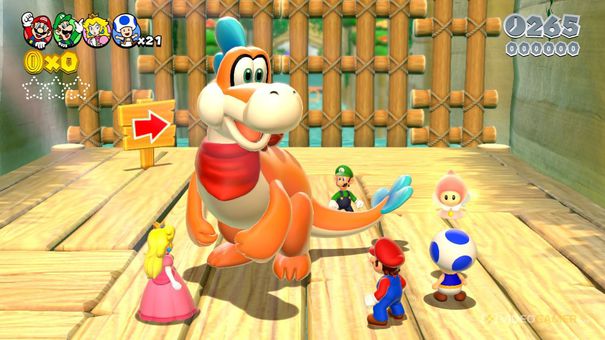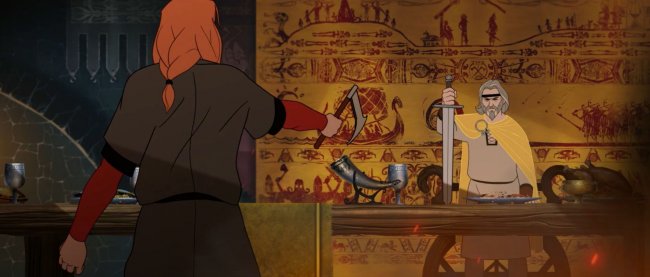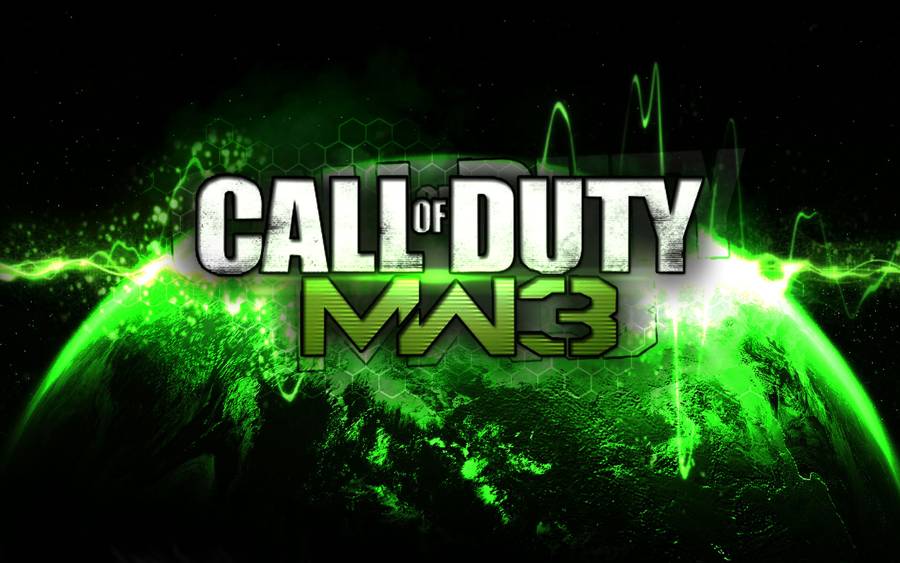



In 2008 BioWare managed the unthinkable by making a video game about alien politics seem more sensible than American Republican journalism. Internet users will remember the day they read Kevin McCullough's article for Right Wing news haven TownHall.com, which accused Mass Effect 2 of everything except storing nuclear weapons. A veritable pick-n-mix of depravity, McCullough listed "explicitly graphic sexual intercourse", "customisable sodomy" and "the most realistic sex acts ever conceived" as just some of the features available in the game.
McCullough came and went as yet another pawn in the often stunningly surreal fight against video games, but for BioWare the drama only helped solidify its status as a broad-minded developer.
The consensus online was that the content in the game - the hard-line focus on morality, choice, and in this case specifically, sexuality - hinted at a growing maturity in the genre. This was repeated by the man in charge. Responding to the situation, BioWare co-founder Greg Zeschuk explained how the sex cut-scenes were used to create a sophisticated experience:
"I think from our perspective we want to reflect real human relationships. If you're trying to have a relationship with a character we want to reflect that, and the impact of the connection with that character. And if that involves some sort of intimate scenes, we want to provide those for the player."
It's an admirable goal to have in an industry under attack by the kind of Deep South justice that fuels TownHall.com. Which is why it's a shame that unlike their other games, BioWare's MMO is just as enthusiastic about providing players with random, tacked-on sexual encounters as it is with offering some level of maturity to the characters. Which begs the question: Is BioWare becoming crass?
Take the video above as an example. After killing a high-power political figure during a mission, you track down the dead NPC's wife and son. The wife thanks you for killing her husband, then begins to plot the political rise of her sprog by offering to have sex with you. She tells her son to leave the room, at which point the player can dismiss their companion, or alternatively force them to stay and watch.
Alternatively there's this clip, where the player meets with the daughter of an NPC before being led away for sex - only to be told she's "never done that before".
These are just some examples of the stranger notches on BioWare's bedpost since the launch of Star Wars: The Old Republic. Despite the studio's effort to create "real human relationships", TOR is a juggling act between two different approaches to mature content, and only one of which follows in line with BioWare's typical style.
In this case, that style manifests itself in the ever-evolving relationships with your companions. The Old Republic maintains the same companion relationships that exist in any of BioWare's single-player titles. Users can flirt, have sex, and even marry their companions as part of the development of their single-player storyline. Depending on your class, you can even break those relationships through insults or torture. Like Mass Effect or Dragon Age, anything lurid is the result of a long-running relationship arc - and it's an impressive display of how to design credible relationships between player-characters and sidekicks.
But the studio's mission statement implodes when it resorts to random, quest-giving NPCs being used for sex encounters.
The intimate moments between players and NPCs are the result of following the flirtatious options in a dialogue tree to their logical conclusion, but they stick out with a putrid stink next to BioWare's standard Companion fare. These events are scattered through the game as end-of-mission cutscenes with specific characters; however, unlike the relationships with the sidekicks, they often begin and end within the course of a scene.
They are almost always stilted and odd, featuring quest givers you'll never see again in situations where the context often doesn't warrant the event. But most noticeably of all - and unlike the Companion relationships - there isn't feasibly enough dialogue to flesh out the encounter. The result is the complete reversal of what BioWare have aimed for in the past, something which seems to oppose what the studio does best - developing characters users care about, and doing it over time.
Is BioWare becoming crass? It's certainly dipping its toes into murky waters, and if the trend continues the studio could tarnish a repuation that has taken years to build.




 FIFA 16: 7 Things EA Must Fix
FIFA 16: 7 Things EA Must Fix . Plays, 1st November 2014
. Plays, 1st November 2014 Raising the Banners
Raising the Banners Top 5 Best Open World Games of 2014 for PC, PS3, And Xbox
Top 5 Best Open World Games of 2014 for PC, PS3, And Xbox Call Of Duty Modern Warfare 3 Week 2 Challenge Guide
Call Of Duty Modern Warfare 3 Week 2 Challenge Guide